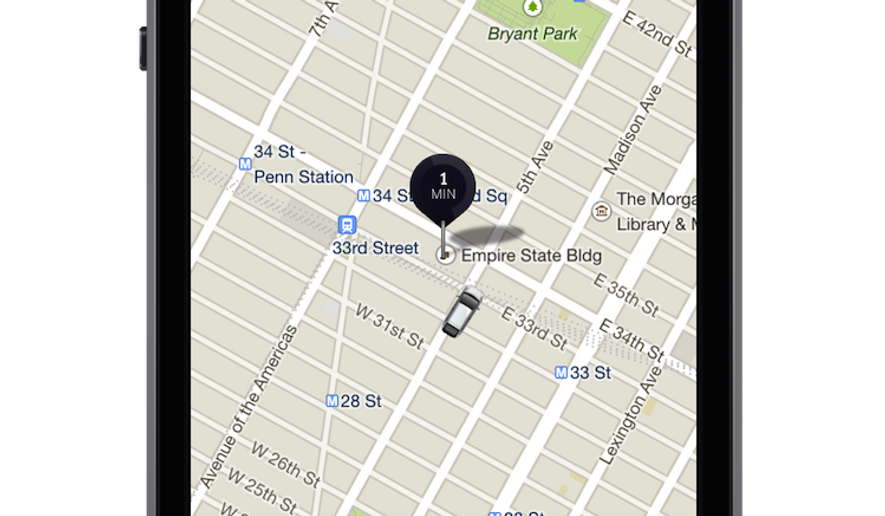Most of us can recall a time in the not-too-distant past when the concept of making a long distance call across the world, virtually for free, via the Internet was the coolest thing. Skype and Truphone found a way to knock out the phone company with pennies-a-minute calls and made Ma Bell and the Baby Bells pretty angry.
We didn’t call it “disruption” at the time and the phone giants are still making the big bucks, but what we didn’t see at the time were the ground pinnings of the new “shared” economy we are seeing today with such effective disrupters as Uber, Airbnb, Lyft, Sidecar and the slew of travel apps that are hooking up travelers directly with suppliers in increasingly creative ways. The day of the middleman may soon disappear.
Airbnb, a community-driven hospitality company that allows travelers to stay in rooms, apartments or even full private houses owned by “hosts” who want to rent unused space to travelers, has a worldwide network servicing some six million guests last year with choices from more than 550,000 properties.
Airbnb for Business
For business travelers, Airbnb presents a “different” kind of stay that often allows travelers to lodge in fully equipped apartments for a more homelike experience and for a fraction of the cost of a hotel room. And while that home or unit might not offer the consistent experience of a Hilton or Marriott, it offers other comforts and a welcome hotel-like alternative especially in times of citywide buyouts and hotel room shortages.
“Nearly 10 percent of Airbnb’s customers travel for business already and we’ve heard from customers that this type of offering is high on their wish list. We’ve now made it even easier for people to make the most of their business travel,” said Chip Conley, Airbnb’s head of global hospitality.
Airbnb for Business operates on a separate portal than its regular rental site, although much of the inventory is the same. Filters allow searches based on amenities, location, price, structure and configuration, taking much of the guesswork out of units that can range from a hot attic above a garage to a swank private, glassed-in pad overlooking the lights of the city.
Unlike hotels, guests have to send a message to a host through the site and wait and hope to get a response in a timely manner – and hope to get clear, truthful answers (reading renter reviews highly recommended). However, for those travelers not making their plans on the fly, the site provides access to a wealth of cost-effective options for long-term stays with added benefits of home-style comfort and independence. Companies can sign up for an Airbnb account for their employees and all actions will be tracked and managed.
Airbnb counts some 55 companies that have signed onto its business portal to date, including Concur a leading company in corporate travel management. Many of these businesses are tech titans from Silicon Valley – companies that need different solutions for business travel options and what Marc McCabe, one of a team of business development leaders at Airbnb, calls “leakage” or travel out of policy. “People see we are a very different solution. And because we are different we are not hearing lots of objection from this sector.”
Travel in the Age of Uber
Similarly, Uber has cut swaths toward capturing the business traveler and has forged direct partnerships with companies who see the alternative ride service as a way to track employee transfers and give employees freedom to manage transportation in flexible ways.
Besides making its own mega-deal with Concur this summer Uber has inked promotional agreements with United Airlines and American Express Corporate Card, and companies such as Deutsche Bank, Barclays, Salesforce.com and Tesla have signed on with its new service called Uber for Business.
Uber services come in two sizes. There is a private limousine service called Uber Black, and the mainstream private car and driver service called Uber X. In some locations it offers harbor taxis called Uber Boat.
Uber rates often are 30 percent to 40 percent below standard taxi fares. For business travelers it means a company agreement with Uber that allows employees to call or connect-in for rides and pay for them through an app they can access on their Smartphone. All tracking is done through a personal dashboard.
Disrupters Finding Opportunity
Taking notes from this emergent market, other companies servicing business travelers are finding their own slivers of opportunity to be gained by technical “disruptive solutions” that let suppliers and buyers connect directly. One such company is LiquidSpace, which brings mini-meeting rooms to small groups that need to meet on a given day in a given city. Meetings usually last less than half a day, and include ten or fewer people who schedule these impromptu sessions at the last minute. LiquidSpace connects an inventory of available meeting rooms at urban hotels to these rogue groups in need of a space.
“Typically these types of meetings would require someone to pick of the phone, book a room and sign a contract,” said company representative Eric Zellhart. “Now they can happen more impromptu at the moment they need to happen.”
Lark Gould reports on travel and the travel industry from Los Angeles. Read her blogs on Larkslist.




Please read our comment policy before commenting.